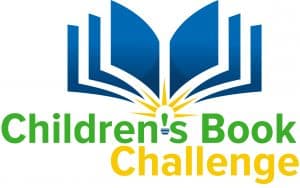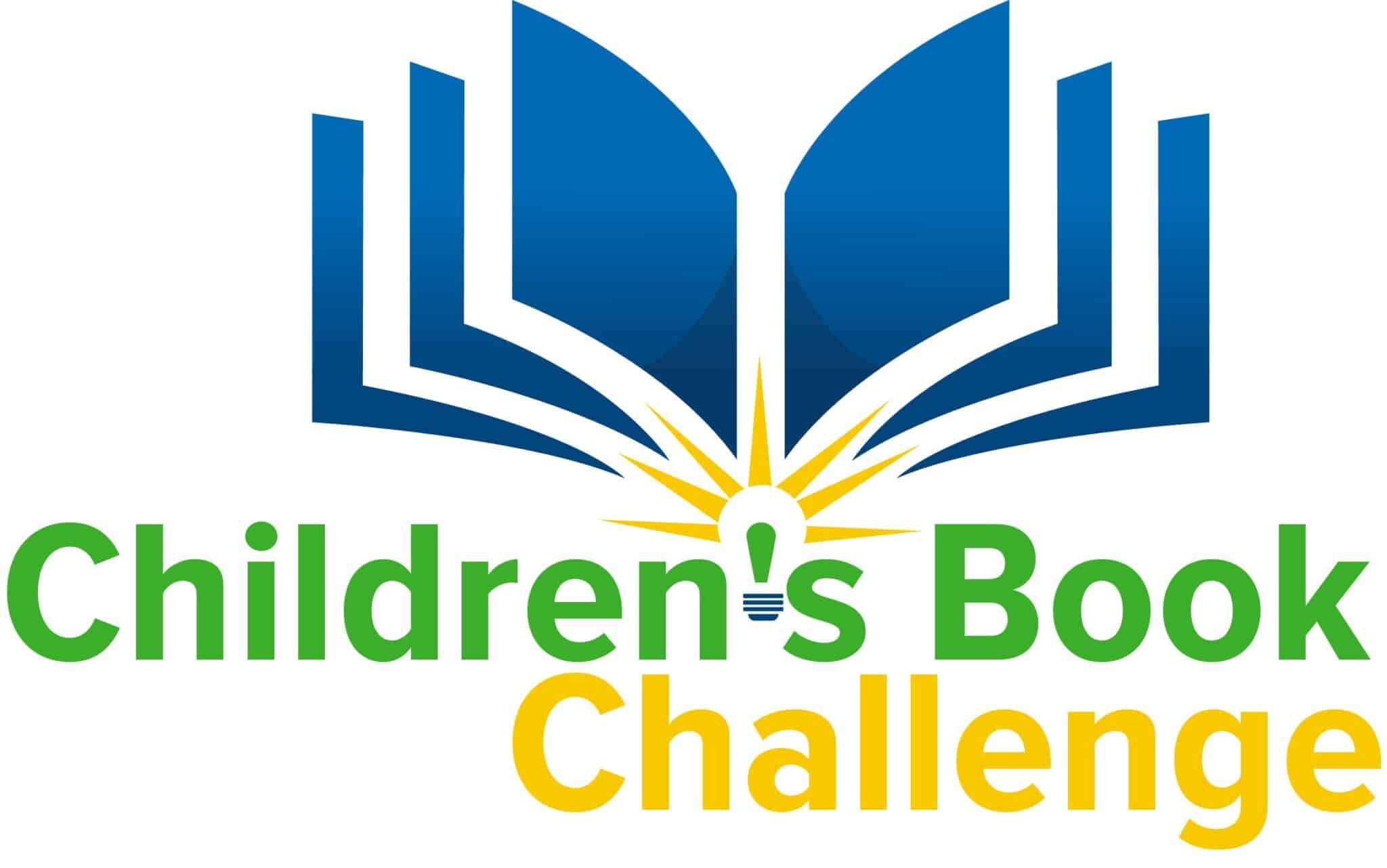 Eligibility
Eligibility
The Children’s Book Challenge is open to fourth and fifth-grade South Carolina students.
Students, individually or in groups of up to four, must develop their entries under the supervision of an adult who can provide general guidance and help ensure the entry adheres to the contest rules.
The story and illustrations must be the students’ work and, when finished, submitted either electronically using the StoryJumper platform or through a paper book provided by your electric cooperative.
Keep all original artwork as it may be needed for quality printing.
Tasks
Write and illustrate a children’s book that focuses on the current theme.
Entries will be judged on the originality of the story and the creative connection of words, illustrations, and content to energy, cooperatives, and safety.
- The use of artificial intelligence in writing the story is prohibited.
- Students are encouraged to use colorful illustrations.
Each book must have a clear title, author, and illustrator.
Books may be fiction or nonfiction.
Include an “Author’s Summary” or small introduction and a photograph of the author(s) on the inside back cover. Do the same for the illustrator if a different person. Include sources you used to do research for writing your book. List websites and print materials used. Also, list your electric co-op contact’s name and when/how you communicated with them.
- An example of a complete Author’s Summary:
My name is Jane Smith. I am a fifth grader at Super Fantastic Elementary School in Small Town, SC. I researched my topic on the Children’s Book Challenge website by reading the Learn About Energy section and visiting my local electric cooperative’s website. I also visited eia/kidsd.gov to learn all about energy. My co-op contact was Shirley Power at Local Electric Cooperative, which is near my school. To learn more about the co-op and energy, I spoke with her on the phone on October 5 and again on October 20. She was very helpful.
- An example of a complete Author’s Summary:
The maximum number of pages is 24, which includes the cover, the Author’s Summary, and the glossary.
Each entry may use up to two pages for a glossary if desired.
Prizes
Electric cooperatives will select local winners and award monetary prizes to students and teachers.
There are two winning categories: individual and group (2-4 students).
The individual statewide grand prize winner will receive $500.
The statewide group winners share the $500 prize.
The supervising teacher of statewide winners will win $250.
The statewide winners will be announced in the South Carolina Living magazine and on social media.
Winners will be recognized at the South Carolina State House.
Winners will receive color copies of their printed books.
Printed editions of each are sent to elementary schools throughout South Carolina.
ALL participating students will receive this LED mini fan.
Winners Announced
Each co-op will select its local individual and/or group winner(s) by February 16, 2026.
All local winners are automatically entered in the state-wide book contest.
State-wide winners will be announced in March 2026.
Judging Rubric
Entries will be judged on the originality of the story and the creative connection of the content to energy, cooperatives, and how co-ops connect communities. Books may be fiction or non-fiction.
Originality of the story
Creative connection of content to energy, cooperatives, and how electricity changes lives
“Author’s Summary” (introduction) shows evidence of contact with the local co-op
Quality of cover
Quality of illustrations
